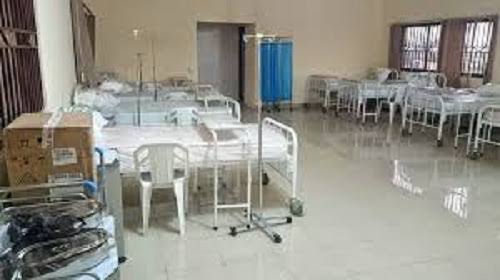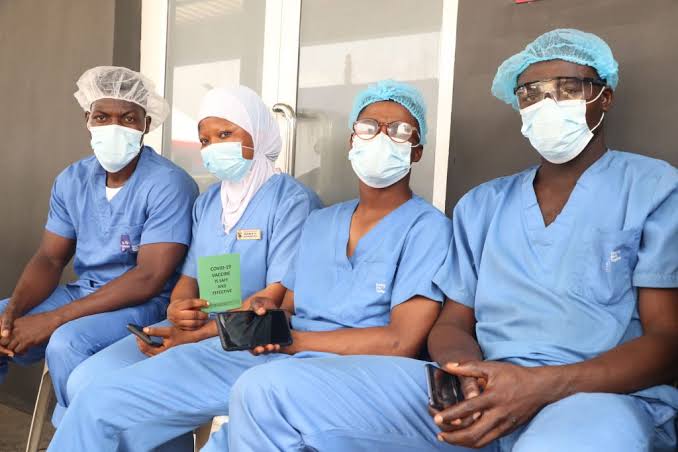The health sector is one of the most important sectors in a country. This is because of how important one’s health is. The entire country relies on the health sector because healthy citizens run the country. Only someone who is fit and sound, health-wise, can work to earn a living.
In Nigeria, over the years, we have seen the gradual decline of the health sector. The government has, over time, continued to reduce the t allocated to health, resulting in the decaying of the sector. Now, there are not enough health centres around the country. Even the ones available are not well equipped. These days, many prefer to use private hospitals because they are better equipped and well maintained, compared to government-owned hospitals.
Ordinarily, there is supposed to be a primary health centre in every community, meaning people should be able to access healthcare within a walking distance. But that is not the case today, especially with people living in rural areas. They may have to journey miles, often going to another part of the state before they can use a hospital. Even when they visit a hospital, it would lack so many things, such as a functional lab, to carry out tests, as well as other core equipment.
There are problems associated with having inadequate health facilities and we experience some of those problems in Nigeria every day. Some of those problems include
1. Unnecessary Deaths
There have been so many deaths that can be linked to the lack of adequate health facilities in the country. For example, when people get involved in an accident, getting an ambulance to come and transport them to the hospital is not always easy as not all hospitals have a working ambulance. They could then spend hours at the accident scene, unattended. This could result in the death of the people who could have been saved had they been transported to the hospital on time. Even when the people get to the hospital, something could be lacking that could be critical to their survival. The inadequate health facilities in Nigeria have resulted in many unnecessary and avoidable deaths.
A study touched on the the need for integrating adequate medical intelligence and surveillance systems in Nigeria to help healthcare delivery.
2. Rising Health Bills
When people cannot visit government hospitals, they are forced to turn to private hospitals, which charge very high fees. This is due to the overreliance on the private sector. Because there are not many hospitals around, the few good ones would always charge very high fees. Unfortunately, not many people can afford this, forcing people to seek other solutions to their problems.
3. Quackery
There are those who would try to take advantage of the inadequate health facilities in their country to their advantage. This could result in fake medical equipment being sold for cheap, fake doctors, or even fake hospitals as a whole. Everything about these fake hospitals would be illegal as they would lack the necessary license to operate. But someone looking for medical solutions would be unable to tell that the hospital they are in is fake. Quackery would only result in worsening health conditions and deaths. In addition, the effects of medical quackery in the Nigerian health sector can also lead to high child and maternal mortality rate.
4. Late Diagnosis
Most serious health conditions can be well treated when it is detected early, through a proper diagnosis. In Nigeria, while one may be willing to bet an early diagnosis of a condition, they may be faced with issues like lack of equipment to perform the diagnosis or they may have trouble finding a hospital where they can perform the diagnosis. By the time they find where to get a diagnosis, it may be too late as the disease would have become worse to treat.
5. Drug Abuse
Inadequate health facilities have also triggered the rise in drug abuse in the country. This is because people may not have where to get the necessary prescription for a drug, forcing them to take any drug they get their hands on. This could further worsen their condition, making it harder and more expensive to treat. The drugs banned in Nigeria can be circulated with ease due to poor health facilities in the country.
Inadequate health facilities is a problem that Nigeria would have to solve in the coming years or risk a total breakdown of the health sector, resulting in more problems for the country.
Collins Nwokolo is a human physiologist, writer and health enthusiast. He loves writing helpful articles on health and fitness, which he enjoys sharing with everyone.










